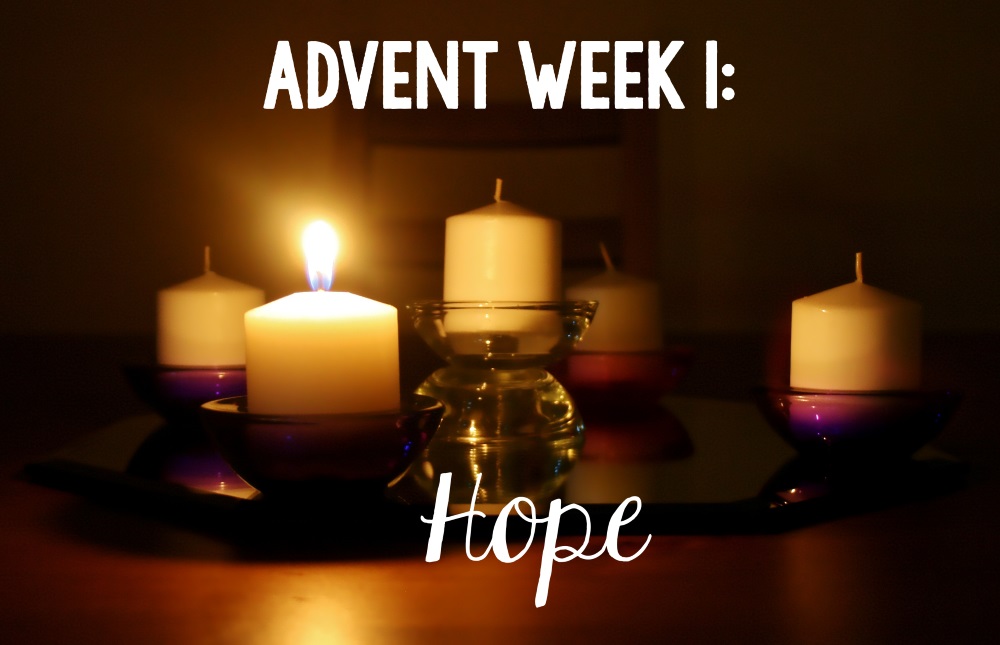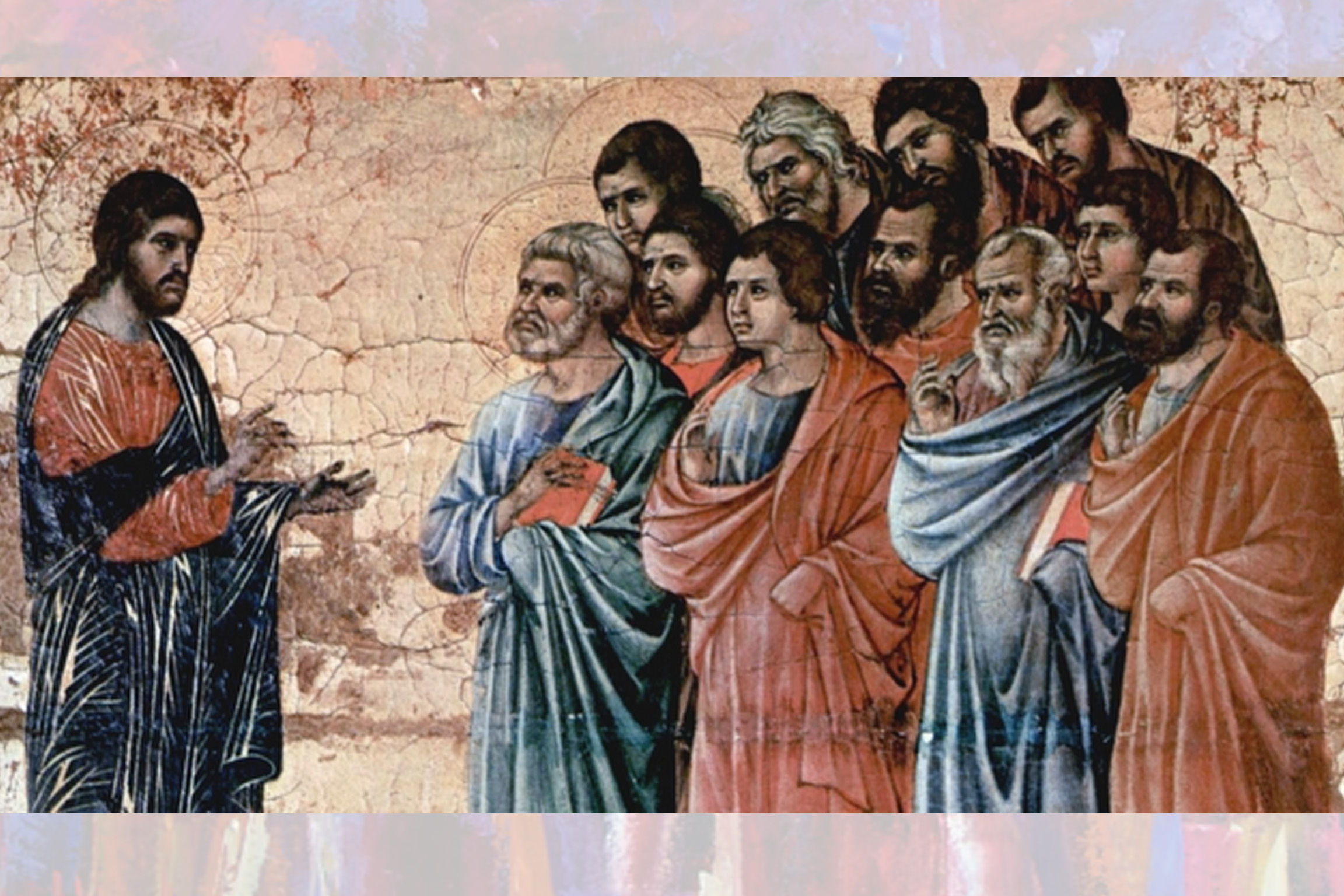Advent Daily Devotional: WEEK of HOPE – DAY 6 – Fri, Dec 3
… hope in the Lord! For with the Lord there is steadfast love,and with him is great power to redeem. — Psalm 130:7 O send out your light and your truth; let them lead me; let them bring me to your holy hill and to your dwelling.— Psalm 43:3 ______________________________________ By now, the Advent candle has […]





